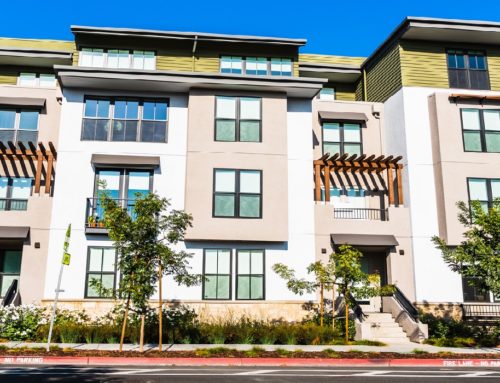This post follows up on an earlier post from December 12, 2020, titled “The Long Arm of California’s Franchise Tax Board.” That post described a recent opinion by California’s Office of Tax Appeals (OTA), Appeal of L. Mazer and M. Mazer, in which the OTA ruled in favor of the Franchise Tax Board (FTB), holding that the taxpayers were California residents, and therefore taxed on their entire taxable income. This post describes a subsequent opinion, Appeal of A. Khan, in which the OTA ruled in favor of the taxpayer, in an opinion which contrasts with Mazer and shows that a taxpayer can win such appeals with the right facts.
First, a quick review of the applicable law: California residents are taxed on their entire taxable income, regardless of source, while nonresidents are only taxed on income from California sources. Rev & Tax Code Section 17014(a) defines a California “resident” as including: (1) every individual who is in California for other than a temporary or transitory purpose; or (2) every individual domiciled in California who is outside California for a temporary or transitory purpose. An individual may have several residences, but only one domicile.
Appeal of A. Khan involved an ophthalmologist who moved to Saudi Arabia in May of 2013 and claimed to be a nonresident through the end of 2013. He argued that, during that period, he abandoned his California domicile and became a California nonresident. The FTB argued that the taxpayer continued his California domicile, and was in Saudi Arabia for a temporary and transitory purpose.
The OTA held for the taxpayer, finding that he moved to Saudi Arabia with the intention of staying indefinitely, despite the taxpayer’s return to California to reside in 2015. The OTA based its ruling on a number of uncontroverted facts, including:
- the taxpayer’s marriage to his former spouse was irreparably broken when he moved, as the two had separated 20 months prior;
- the taxpayer sold his property in California, including his cars, and closed his California bank accounts; and
- the taxpayer rented an apartment in Saudi Arabia under a two-year lease, joined a mosque, found a job as an ophthalmologist, bought a new car, obtained a local driver’s license (valid for 10 years), and became engaged to a Saudi woman.
The FTB argued that the taxpayer was in Saudi Arabia for a temporary and transitory purpose, principally because his minor children continued to reside in the state during his absence. The OTA, however, concluded that the taxpayer had no choice but to leave the children with their mother as she had commenced a dissolution action against him and would not allow the children to go to Saudi Arabia.
The FTB noted that the taxpayer did not cancel his California voter registration, driver’s license, or license to practice medicine. The OTA, however, pointed out that, while the taxpayer resided in Saudi Arabia, he did not vote in California, and neither his California driver’s license nor his California medical license came up for renewal. Also, the taxpayer did not practice medicine in California while residing in Saudi Arabia. Finally, the OTA found that the taxpayer’s use of his parents’ mailing address in California reflected the difficulty of forwarding mail to Saudi Arabia rather than an intention to return to California.






